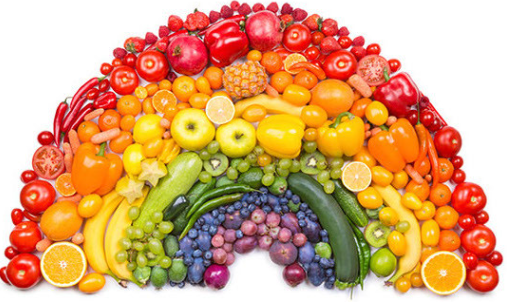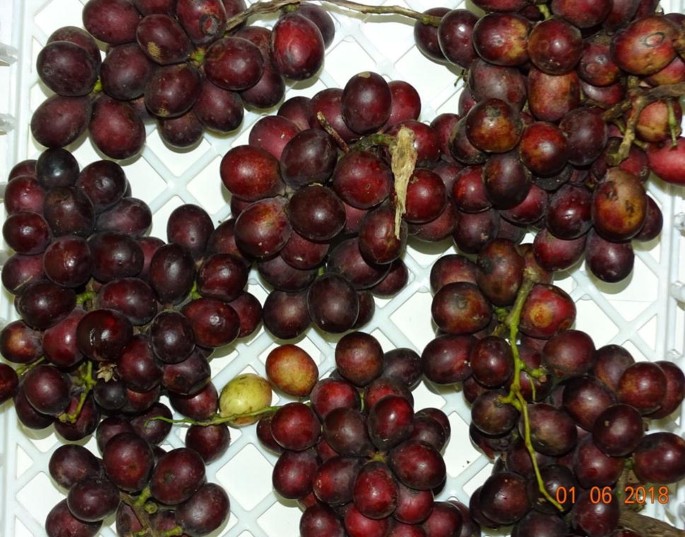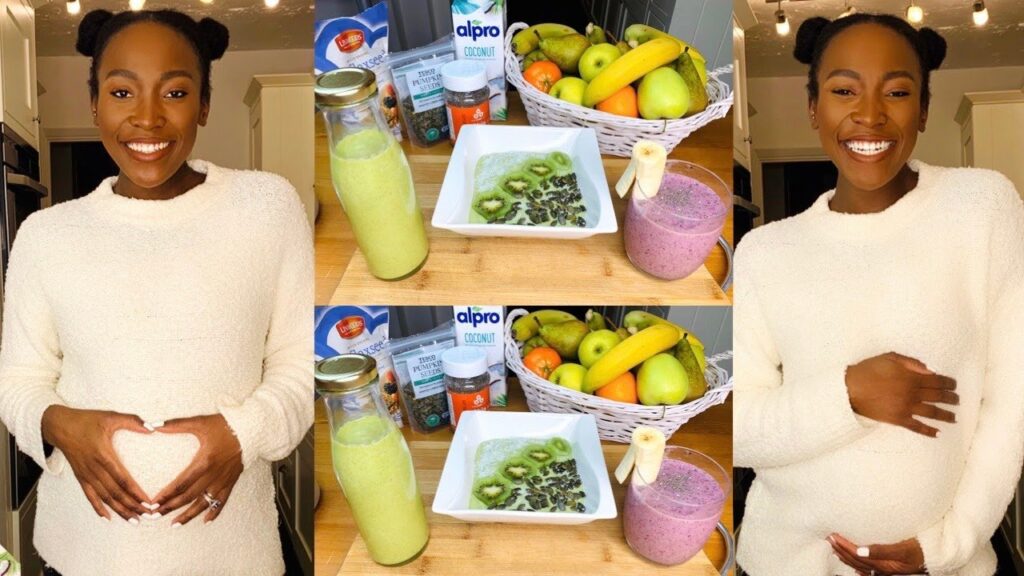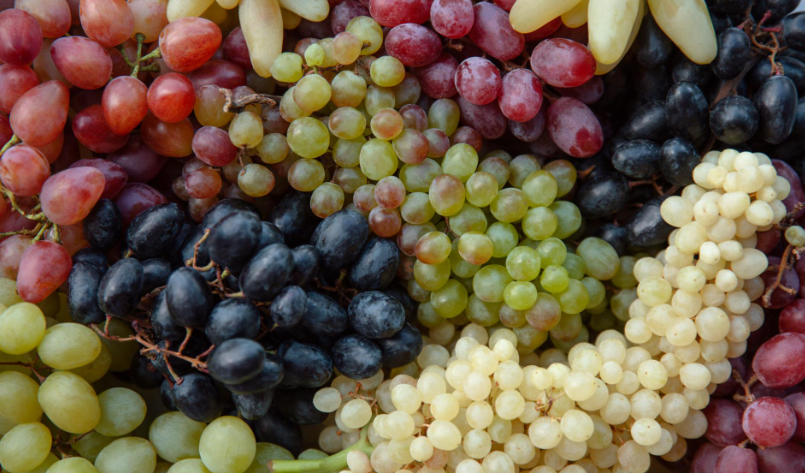Mango nectar is a tasty drink made from mango puree. To make it, juice is taken out of ripe mangoes and mixed with water and sugar. Sometimes, other flavors or things to keep it fresh are added too. This gives you a drink that’s sweet, a bit sour, and really tastes like the tropics.
Table of Contents
- How Mango Nectar is Made
- What’s in Mango Nectar?
- Why Mango Nectar is Good for You
- 1. Makes Your Immune System Stronger
- 2. Full of Vitamins and Antioxidants
- 3. Keeps Your Digestion Going Smoothly
- Things to Watch Out for with Mango Nectar
- 1. Lots of Sugar
- 2. Lots of Calories
- How to Fit Mango Nectar into Your Eating Habits
- 1. Drink it Now and Then
- 2. Don’t Overdo It
- 3. Use It in Fun Ways
- Making Mango Nectar by Yourself
- How to Make Mango Nectar at Home
- Use Fresh and Natural Stuff
- In The End
- Some Questions People Ask
- Is mango nectar the same as mango juice?
- Can mango nectar help with weight loss?
- Does mango nectar contain any preservatives?
- Is homemade mango nectar healthier than store-bought options?
How Mango Nectar is Made
People making mango nectar start by picking the best ripe mangoes and peeling them to get to the soft part inside.
This soft part is mashed or blended to make a pulp. The pulp is then mixed with water and sugar until it’s just the right kind of sweet. To make it taste better or last longer, they might put in things like citric acid or natural flavors. Once it’s all mixed up, it’s heated to kill any germs, then put into bottles or cartons to be sold.
What’s in Mango Nectar?
Mango nectar has lots of vitamins and minerals. It’s got a lot of vitamin C, which is great for making your immune system stronger and keeping you healthy overall.
It also has important stuff like vitamin A, vitamin E, potassium, and folate. Mangoes are also known for having lots of antioxidants, which help your body fight off harmful things and can lower the chance of getting some long-term illnesses.
Why Mango Nectar is Good for You
Mango nectar has quite a few health benefits:
1. Makes Your Immune System Stronger
Because of the high amount of vitamin C, mango nectar can help make more white blood cells that fight off sickness. If you drink it regularly, it can help keep your body’s defenses up.
2. Full of Vitamins and Antioxidants
The drink keeps all the good vitamins and antioxidants you find in mangoes. These help keep your skin healthy, help you see better, and help your body work right. Antioxidants also stop damaging oxidative stress which is linked with lots of chronic diseases.
3. Keeps Your Digestion Going Smoothly
Just like the fruit, mango nectar can help you digest food because it has natural enzymes. It also has fiber, which helps you go to the bathroom regularly and stops constipation. Drinking mango nectar can support a happy tummy.
Things to Watch Out for with Mango Nectar
Even though it’s healthy, there are a few things to be careful about with mango nectar.
1. Lots of Sugar
Mango nectar can have a lot of sugar, especially when more is added during making. Too much sugar isn’t good for you, as it can lead to getting heavy, teeth problems, and other health issues.
2. Lots of Calories
The drink can also have a lot of calories because of its sweetness. If you’re trying to stay at a certain weight, you need to think about how much of it you drink. It’s okay to have once in a while, but it’s important not to have too much.
How to Fit Mango Nectar into Your Eating Habits
1. Drink it Now and Then
Mango nectar is a fun choice for a drink, but it’s best to have it just sometimes. Think of it as a special treat to enjoy every once in a while.
2. Don’t Overdo It
Remember, with the sugar and calories it has, it’s important to not drink too much mango nectar. Have it in small amounts and make sure you’re not getting too much sugar or calories from other things you eat. It’s all about having a balanced diet with all kinds of fruits and other healthy food.
3. Use It in Fun Ways
You can get creative with mango nectar. It’s great for making smoothies taste like the tropics. Or mix it with sparkling water, or put it in cocktails for a fun flavor. Try different ways of using mango nectar when you cook or make drinks.
Making Mango Nectar by Yourself
If you like making things on your own, making your own mango nectar can be fun. When you make it yourself, you know exactly what’s in it, and you can make sure it’s really fresh and natural.
How to Make Mango Nectar at Home
What You’ll Need:
- 2 ripe mangoes
- 1 cup of water
- 1-2 tablespoons of sugar (optional)
- Ice cubes (optional)
Steps:
- Peel the mangoes and take out the soft part from around the pits.
- Put the mango pieces in a blender or food processor.
- Add the water and sugar (if you want) to the blender.
- Blend everything until it’s smooth.
- Try it and add more sugar if you want it sweeter.
- If you want it cold, pour the nectar over ice cubes and enjoy!
- Pour the mango nectar over ice cubes in a glass.
- Mix it carefully with a spoon. Then you can drink it from a glass or use it to make your favorite recipes better.
Use Fresh and Natural Stuff
When you make mango nectar yourself, you know it has fresh and natural things in it, like real mangoes, without fake color or stuff to make it last longer that might not be good for you.
You can make it as sweet as you like or play around with different kinds of mangoes to get interesting tastes.
In The End
Mango nectar is a tasty treat with a lot of flavor. It’s healthy, but you have to remember it has a lot of sugar and calories too.
Drink it once in a while, but don’t have too much, and eat other healthy things as well. Enjoying mango nectar can be fun, whether you buy it or make it, and it can make you feel like you’re somewhere warm and sunny, like on a beach with palm trees.
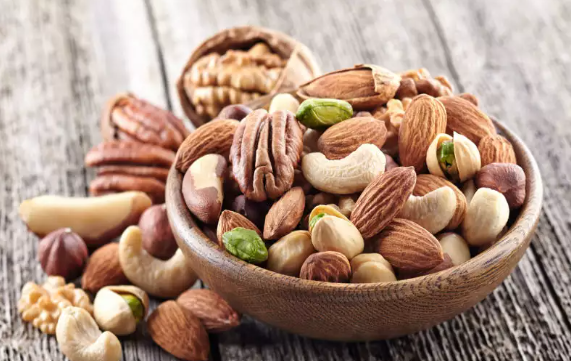
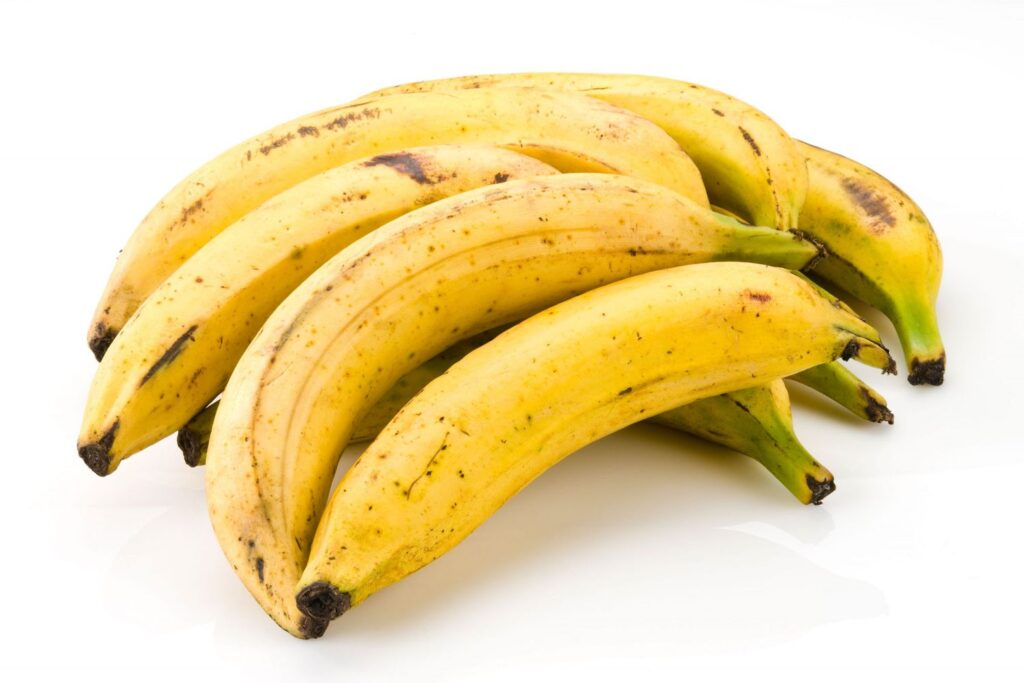

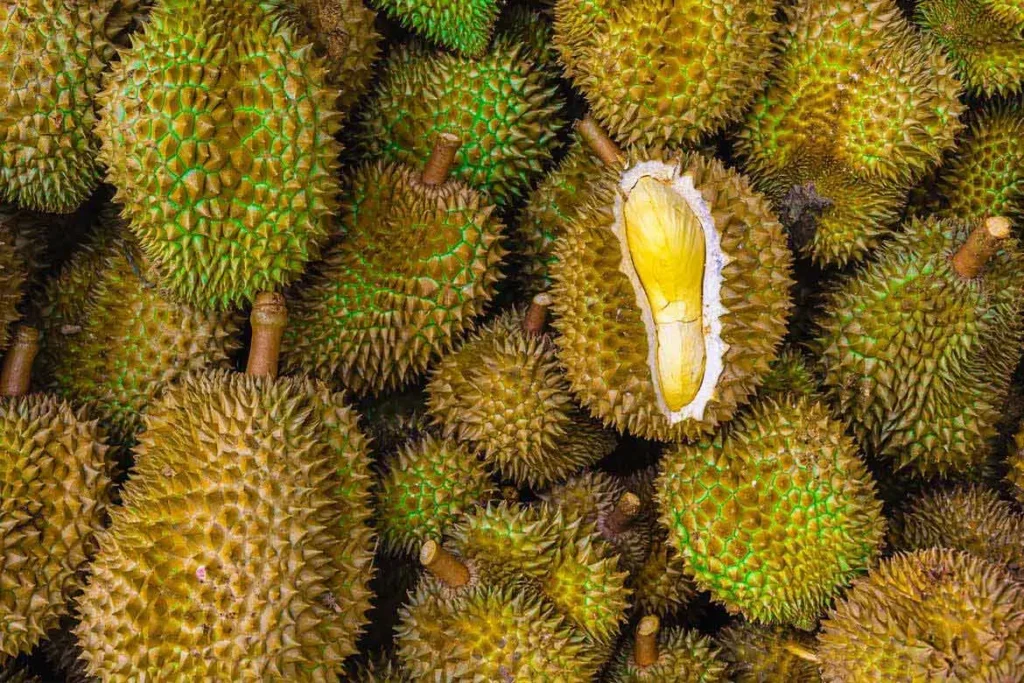
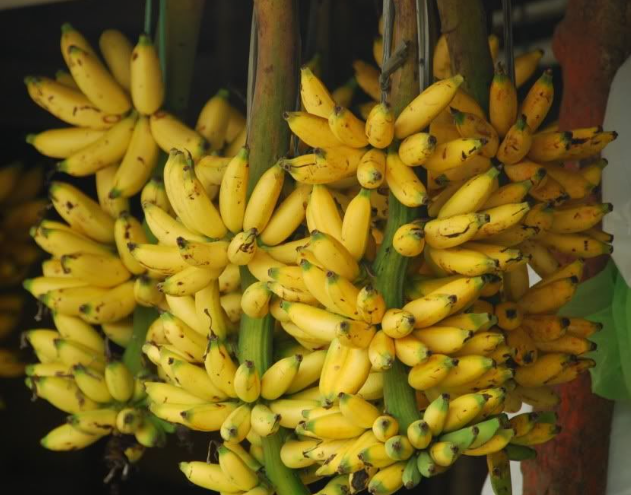
![What Is the National Fruit of Argentina and Why? [ANSWERED]](https://fruitonix.com/wp-content/uploads/2023/04/What-Is-the-National-Fruit-of-Argentina-.jpg)
